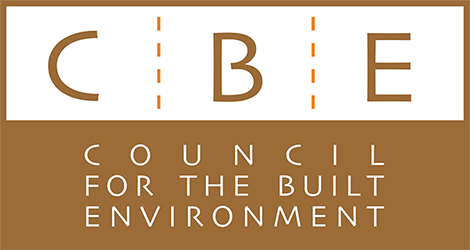The Significant Advances Made in Gender Equality And Women’s Empowerment Over The Years
The South African society is crying out for transformation to rectify the wrongs of the past. Part of the outcry is for the age-old-phenomenon of gender equality to transform. Gender inequality is experienced differently across different cultures. It is also very evident in our built environment sector being male and white dominated. The need for transformation, definite marked change in form, nature and appearance is truer than ever before.
Women have worked very hard to break into the mainstream sectors of the economy, and even harder to gain recognition. Challenges experienced by women in the built environment varies from stereotypes and victimisation. To bring about equal and long-lasting change in the status of women in the sector the legislative and regulatory reforms and micro-level interventions within the built environment are essential. Even more so, every citizen must apply common curtesy, deal with their expectations and pre-conceived opinions, have understanding and accept the role of women in society as this will go a long way in bringing about transformation.
As part of the South African government’s response and initiatives to increase the participation of women, youth, and persons with disabilities in the economy, several initiatives and programmes have been introduced into the public sector for compliance such as affirmative action and Gender Responsive Budgeting (GRB) amongst others.
The Council for the Built Environment (CBE) hosted a Transformation Indaba in 2019 which resolved that Transformation Collaborative Committees (TCC) be established in response to government’s priorities to address policy constraints and associated processes hindering transformation in the Built Environment.
Download this article to read more:

